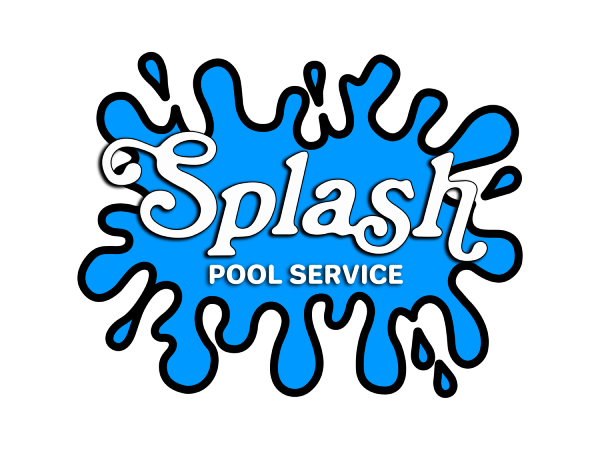It’s recommended to drain and refill your swimming pool every 3 to 5 years to remove built-up minerals, chemicals, and other contaminants that can’t be filtered out or eliminated. These levels increase over time due to evaporation, fill water, and pool chemicals. Additionally, products like clothing detergents, sunscreen, and other body or clothing products contribute to this buildup. The more contaminants you have, the more unwanted outcomes you may experience. Draining and refilling effectively reduces these unwanted substances.
Read on to learn more about what these contaminants are and why they can cause issues if not properly managed.
Total Hardness
High levels of total hardness in your swimming pool can lead to a variety of issues, such as:
1. Ineffective Chemicals: The efficiency of sanitizers and other pool chemicals is compromised, making it more difficult to maintain a clean and safe pool environment.
2. Algae Growth: Elevated mineral levels can also make your pool more susceptible to algae, further degrading water quality.
3. Staining: Minerals can form hard, crusty deposits on pool tiles and surfaces, leading to difficult-to-remove stains.
4. Poor Water Chemistry: High mineral content often results in poor water clarity and can create conditions favorable for algae growth.
5. Clogged Filters: Mineral accumulation can plug up filter elements, reducing their efficiency and causing high pressure on the filtration system.
6. Rough Pool Surface: Excessive minerals can make the plaster or pool surface feel rough to the touch.
7. Irritation: Swimmers may experience increased skin and eye irritation due to the high mineral content.
8. Cloudy Water: A high level of minerals can cause the water to appear cloudy or murky.
Addressing these issues is crucial for maintaining a healthy and enjoyable swimming experience.
The recommended range for hardness is typically between 200 and 400 parts per million (ppm). Levels exceeding 400 ppm are generally considered too high and may lead to the issues outlined above.
Cyanuric Acid (CYA, Conditioner, Stabilizer)
High levels of cyanuric acid can lead to various issues, including:
1. Chlorine Ineffectiveness: High cyanuric acid levels can bind with chlorine, reducing its ability to function as an effective sanitizer.
2. Reduced Bacteria Killing: An excess of cyanuric acid diminishes the pool’s ability to effectively kill bacteria, which poses an increased risk to swimmers’ health.
3. Algae Growth: Like high hardness levels, elevated cyanuric acid can make your pool more susceptible to algae, compromising water quality.
Addressing the elevated levels of cyanuric acid is essential for maintaining a healthy and enjoyable swimming experience.
For cyanuric acid, the recommended range often lies between 30 and 50 ppm. Some guidelines may allow for levels up to 100 ppm, but many experts recommend not exceeding 50 ppm to ensure effective chlorine sanitation. Levels above 100 ppm are generally considered too high and may severely impact chlorine’s sanitizing capabilities.
Other Contaminants
The presence of other contaminants may also warrant emptying the pool. If your hardness and CYA are normal but you are having persistent unexpected issues, you may have other contaminants, such as algicides, that standard tests don’t cover.
Click here for more information on algaecides
How to Know If Your Levels Are Too High
We recommend testing your pool for total hardness and cyanuric acid levels at least once per year, or more frequently if you’re experiencing issues. Standard tests usually don’t cover algaecides, but if you’ve added algaecide and find it difficult to maintain chlorine levels, draining and refilling may be necessary to reset the water chemistry.
The Right Time for Draining and Refilling in Tucson
We’ve been a Tucson pool service long enough to know that timing is crucial when it comes to draining your pool. For Tucson residents, we suggest performing this maintenance during cooler months when the temperature stays below 90°F. Draining in the heat of the summer can put your pool at an increased risk for damage.
We Are Here To Help
Draining and refilling your pool may seem daunting, but it’s essential for maintaining a clean, comfortable, and safe swimming environment. Trust this important task to experienced professionals. If you have any more questions or need further guidance, don’t hesitate to contact us, your reliable Tucson pool service.
By maintaining a regular draining schedule and following professional advice, you’re making a wise investment in the long-term enjoyment of your pool. Thank you for choosing us as your go-to Tucson pool service.
